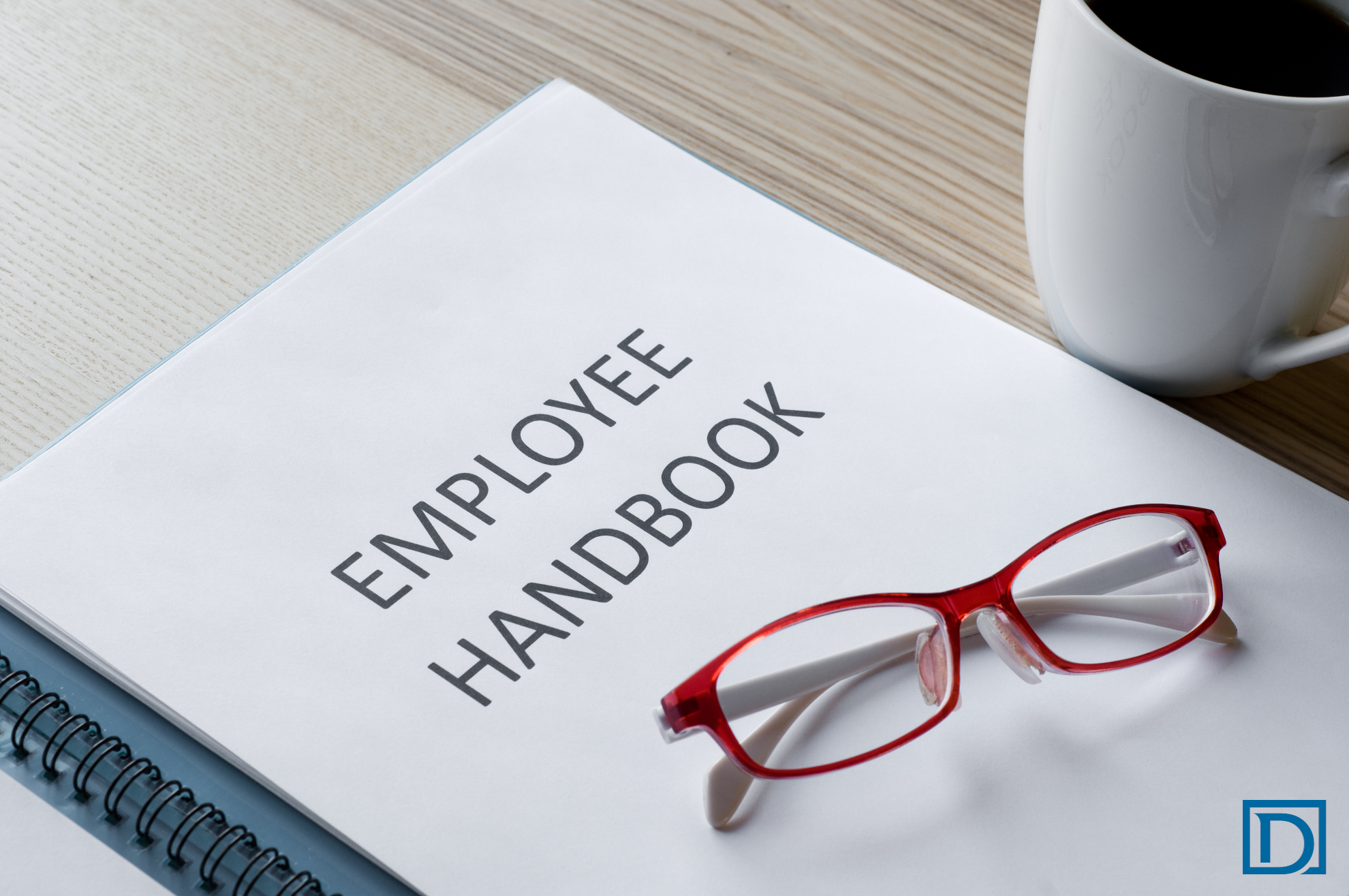 On December 14, 2017, the National Labor Relations Board (“NLRB”) released a decision in Hy-Brand Industrial Contractors, Ltd., 365 NLRB No. 165 (2017), overruling the NLRB’s 2015 decision that created the controversial “Browning-Ferris Test” to determine “joint employer” status. The ruling in Hy-Brand will protect employers from being designated as “joint employers” when they merely have indirect control of another company’s employees. Previously, under Browning-Ferris, two entities could be determined to be “joint employers” based on the existence of reserved joint control, indirect control, or control that is limited and routine.
On December 14, 2017, the National Labor Relations Board (“NLRB”) released a decision in Hy-Brand Industrial Contractors, Ltd., 365 NLRB No. 165 (2017), overruling the NLRB’s 2015 decision that created the controversial “Browning-Ferris Test” to determine “joint employer” status. The ruling in Hy-Brand will protect employers from being designated as “joint employers” when they merely have indirect control of another company’s employees. Previously, under Browning-Ferris, two entities could be determined to be “joint employers” based on the existence of reserved joint control, indirect control, or control that is limited and routine.
The NLRB criticized its prior decision in Browning-Ferris, stating that it unnecessarily imposed liability on unrelated employers. More specifically, it noted that the vague and ill-defined standard had far reaching implications which created obligations for multiple entities engaged in all facets of business, so long as they had an option to direct another’s employees.
In Hy-Brand, the NLRB strictly limits the categorization of joint employers to instances in which one entity exercises control over the essential employment terms of another entity’s employees. Acting to harmonize past standards with forward looking analysis, the NLRB established and employed a new test which predicates joint-employer designations on proof that an employer has exercised control over the essential employment terms of another entity’s employees. In closing, this NLRB holding will help lift some shackles of uncertainty with current employers, and provide a more defined standard for designating joint-employer status, through a test which now:
Requires proof that the alleged joint-employer entities have actually exercised joint control over essential employment terms (rather than merely having “reserved” the right to exercise control), the control must be “direct and immediate” (rather than indirect), and joint-employer status will not result from control that is “limited and routine.”
This Article was written by Nezar Habhab, Law Clerk.



